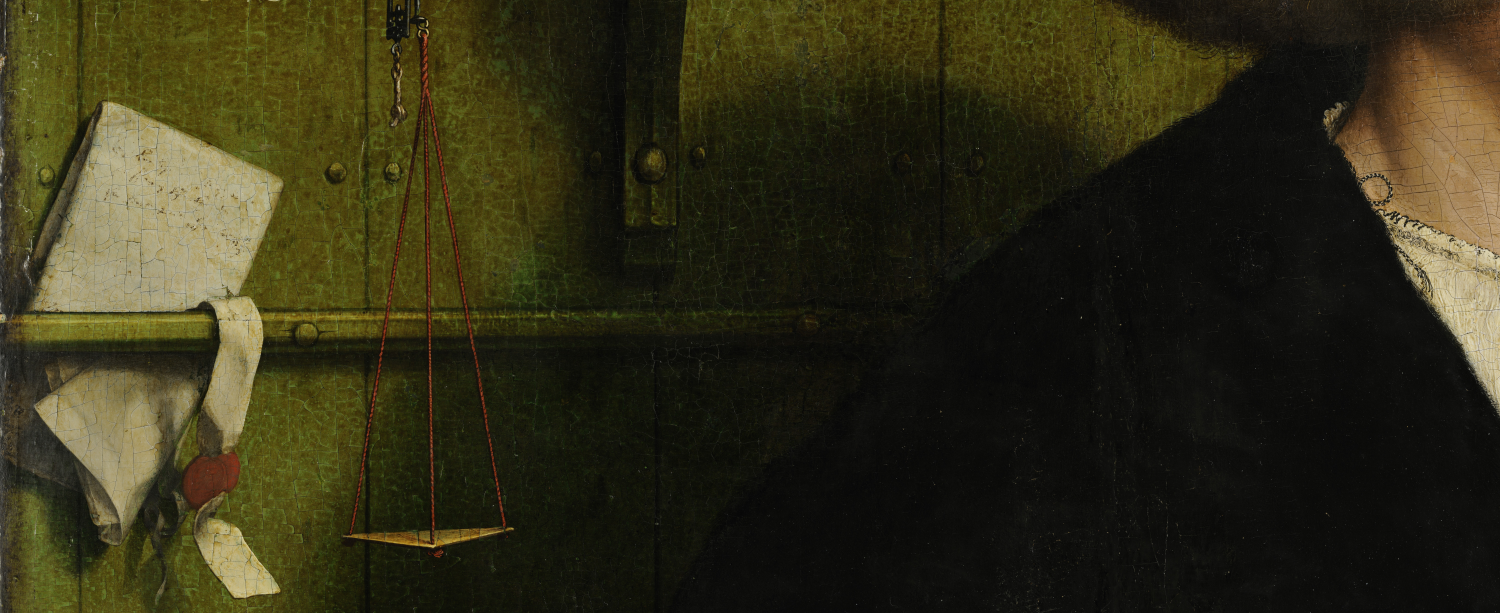Urban Politics (Friedrich)
Justyna Wubs-Mrozewicz‘What exactly was urban politics like in early modern Europe?’ That is the question that Christopher Friedrichs sets out to answer in this week’s #retroconflictinspirations, Urban Politics in Early Modern Europe (2000). Friedrichs’ book, although 20 years old now, is still a useful guide to #earlymodern urban politics.
It has three main virtues that keep it relevant. Firstly, the way that it foregrounds concrete matters of what it was like to practice politics in city on a day to day basis. Secondly, it shows how urban politics was distinct compared to other political settings, both at the time and today, and also displays the variation within urban politics, from communal prayer in Cologne, to rioting in La Rochelle, to royal interventions in urban Spain. Thirdly, although it does give a good outline of the forms of political institution found in cities, Friedrichs keeps the book’s focus on politics as a process of decision making, which entailed strategies for reasoning about political issues and managing political conflicts. It concludes by highlighting the secrecy of early modern governments. This strictly enforced secrecy had an important place in conflict management and decision making, allowing unpressured decision making but also enabling councils to evade petition and protest by citizens.
You can get your own copy of C.R. Friedrichs Urban Politics in Early Modern Europe here:
[url]https://www.routledge.com/Urban-Politics-in-Early-Modern-Europe/Friedrichs/p/book/9780415229852 [/url]
AM
